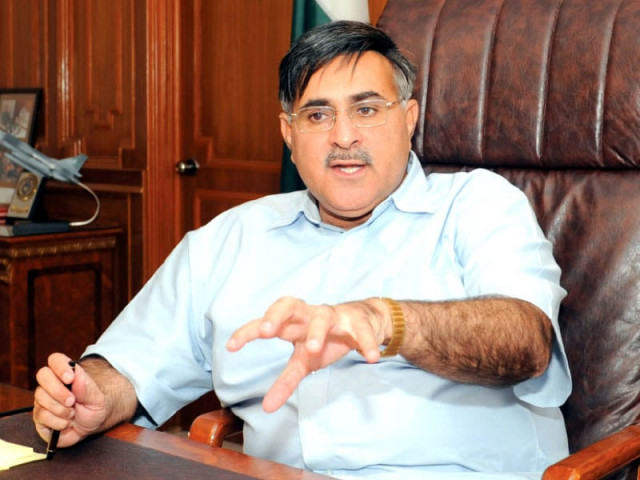Bhootani booted: CM’s victory, or stop-gap measure?
No-trust motion raises questions as to who will emerge the long-term ‘winner’.

No-trust motion raises questions as to who will emerge the long-term ‘winner’. PHOTO: FILE
The unceremonious ouster of Balochistan Assembly Speaker Aslam Bhootani, through a no-confidence motion, has invited a mixed reaction from stakeholders as well as political observers.
Political analyst Amanullah Gichki, for one, said the move was a parliamentary victory for Chief Minister Nawab Aslam Raisani – but that it would prove to be a short-term success. Raisani is, after all, still facing a constitutional crisis.
However, a Quetta-based senior journalist does not agree. He said the chief minister will not face any crisis as he enjoys the confidence of the majority in the provincial assembly. He added that Bhootani was relying on “the establishment”, which had already developed serious differences with Raisani.
Pakistan Peoples Party (PPP) President Mir Sadiq Umrani was of the view that Bhootani’s removal was a serious setback to the democratic process in the province. “Raisani will have to pay a heavy price for this illegal act,” he warned. Umrani added that it was a violation of assembly rules and procedures to let the no-trust motion pass. He said the rules demanded a seven-day notice by a member of the assembly to table a no-trust motion against the speaker.
Senior Minister Maulana Abdul Wasey, however, did not follow through with this. “None of the members received any such notice,” Umrani said, adding, “At least I have not received the notice.” He said that PPP’s leadership would not support Raisani in this matter.
Balochistan Advocate General Amanullah Kanrani, on the other hand, has rejected the Balochistan PPP president’s interpretation of the issue. Kanrani said the removal of Bhootani was in accordance with the Constitution. “There was no breach of rules and procedure on the part of the treasury benches,” he said, adding that the courts have no legal powers to interfere in assembly proceedings. “Under Article 68 of the Constitution, the majority of assembly members can take any decision with a mutual consensus ... The majority is the authority,” he remarked.
The tug of war between the speaker and the chief minister started out when Bhootani appeared before the Supreme Court (SC) and accused the Raisani government of mismanagement in running the provincial administration.
Bhootani’s harsh statement, criticising Raisani’s government proved to be a serious jolt for the provincial administration. The SC’s interim order on October 12 declared that the provincial government was a total failure in discharging its constitutional obligations.
Published in The Express Tribune, December 29th, 2012.



1724319076-0/Untitled-design-(5)1724319076-0-208x130.webp)















COMMENTS
Comments are moderated and generally will be posted if they are on-topic and not abusive.
For more information, please see our Comments FAQ